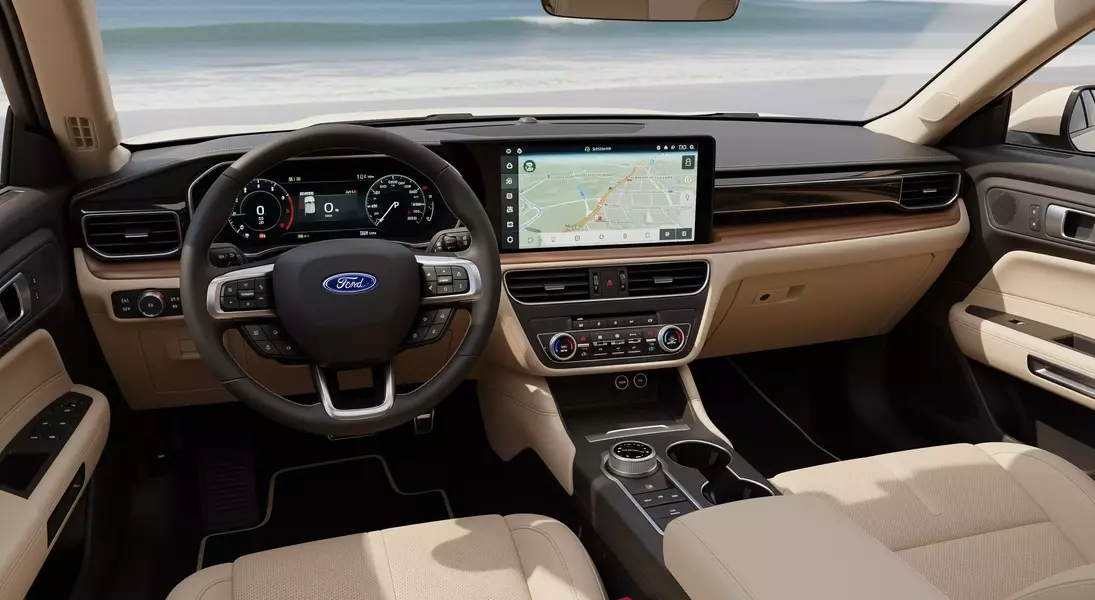
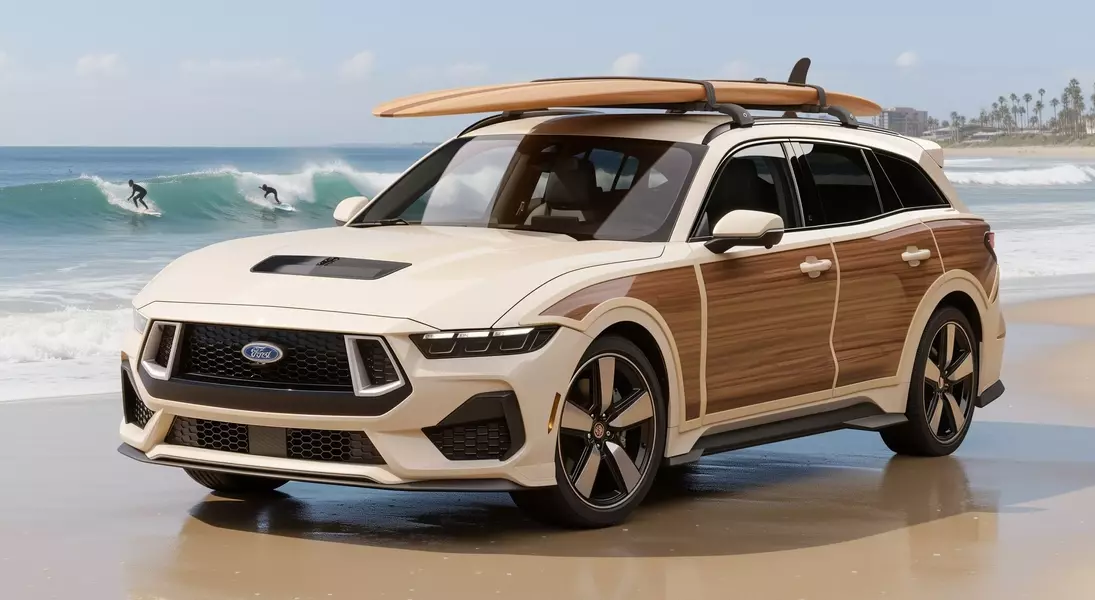
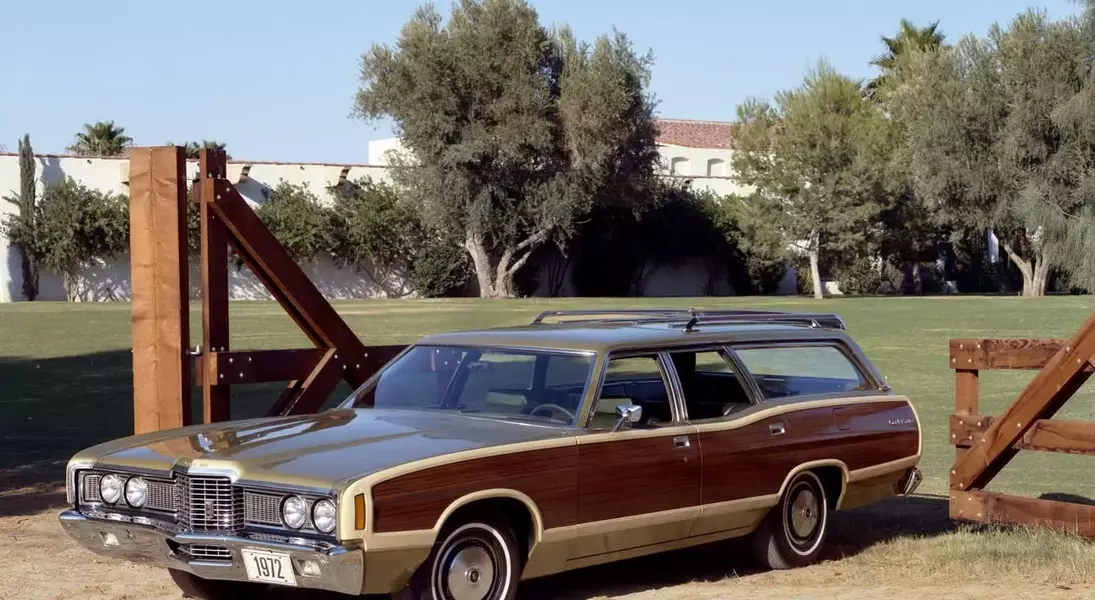
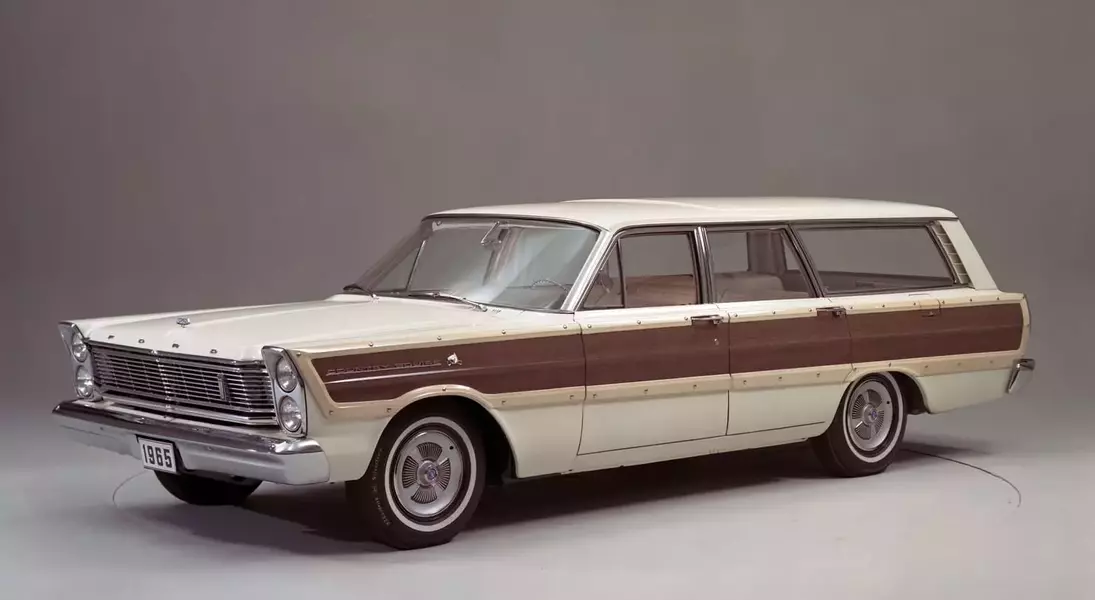
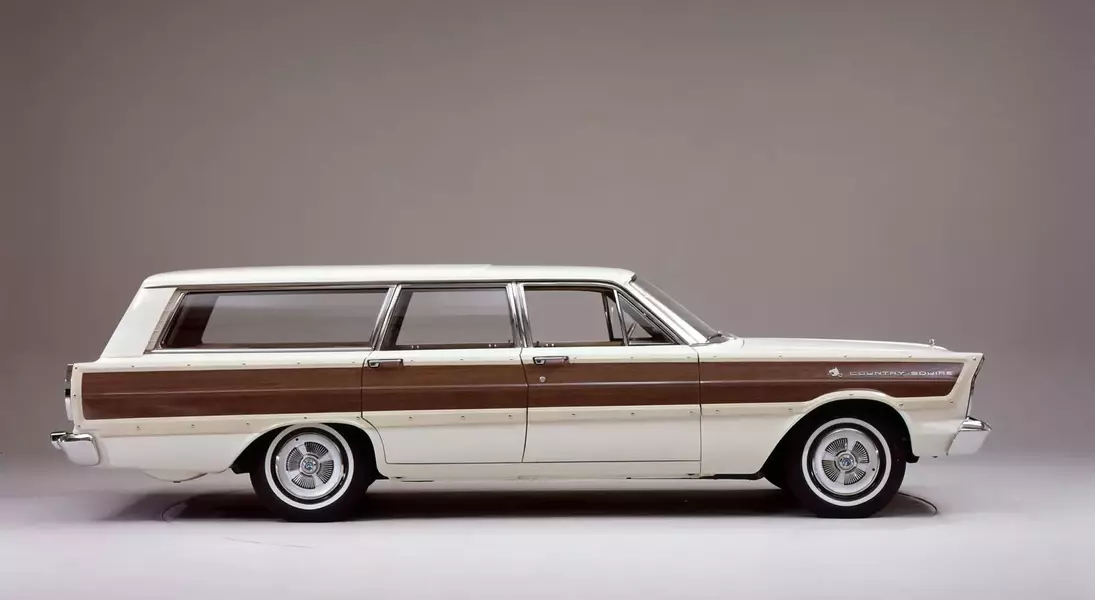
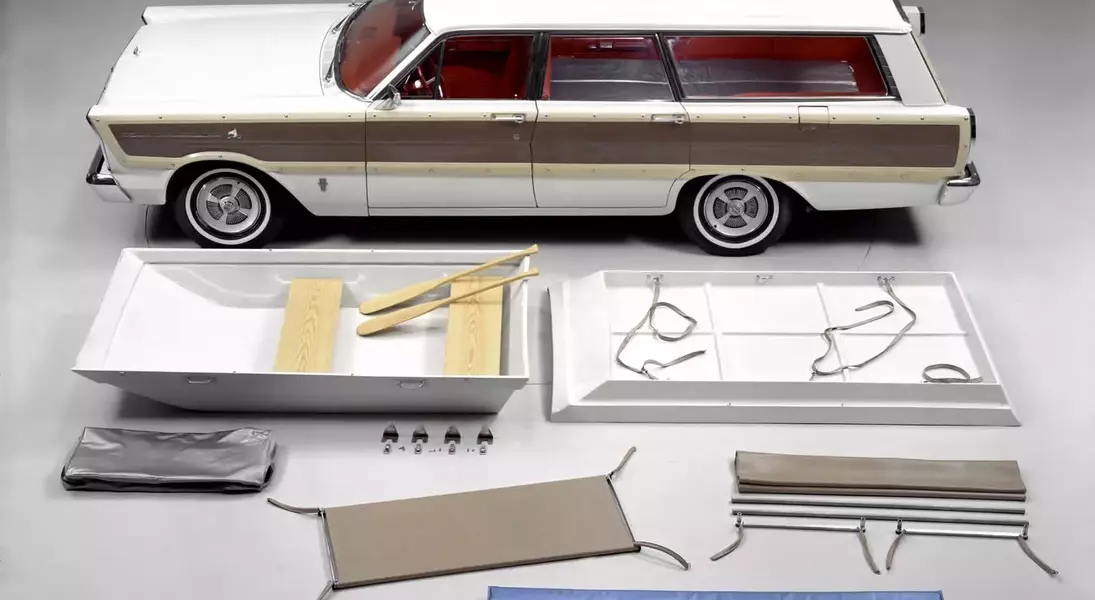
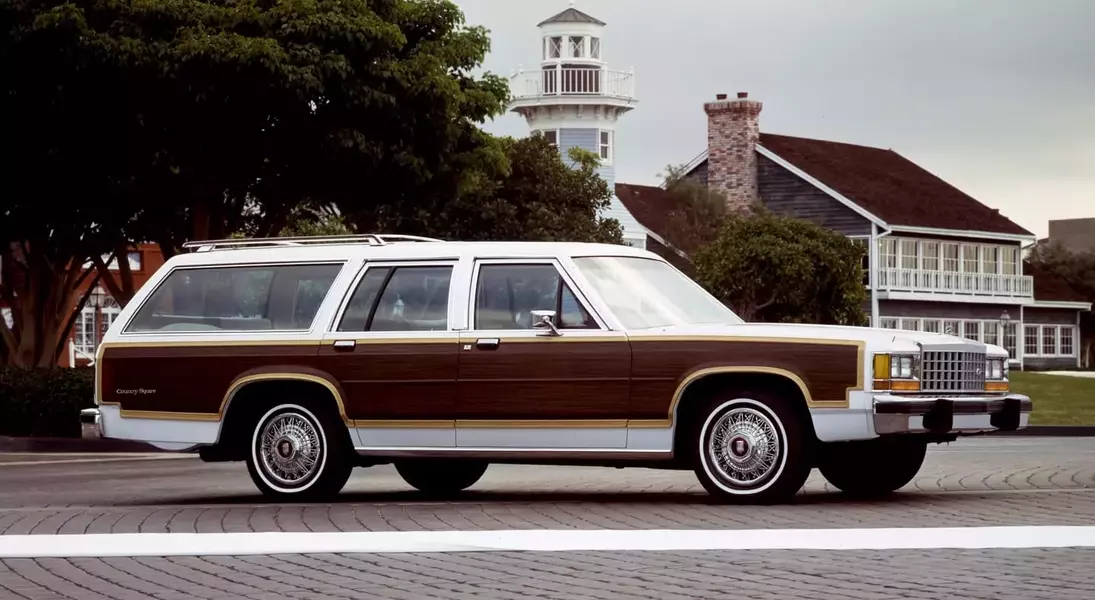
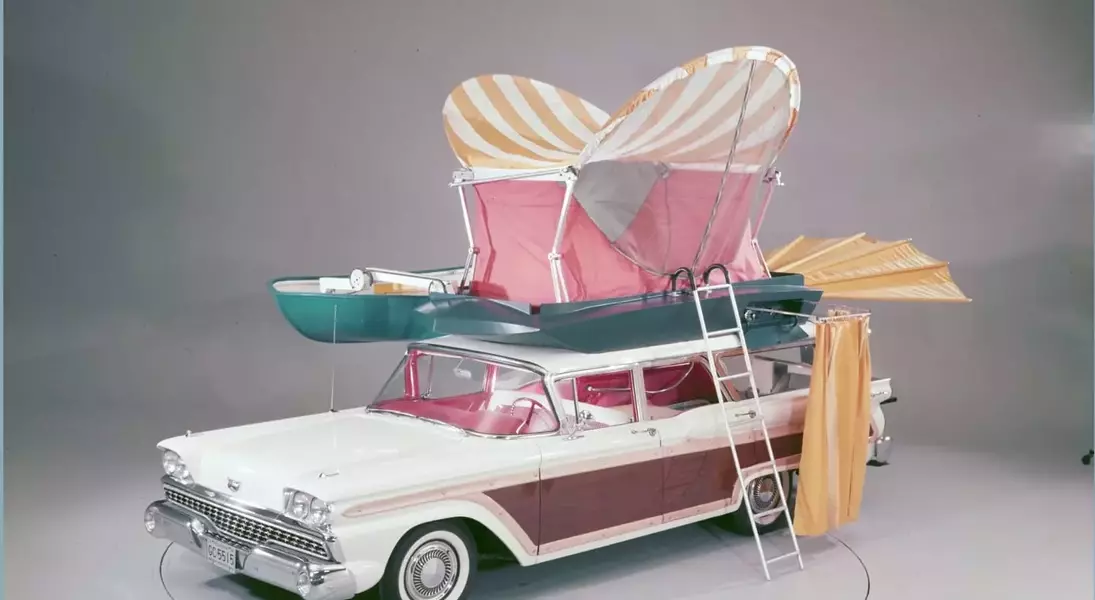
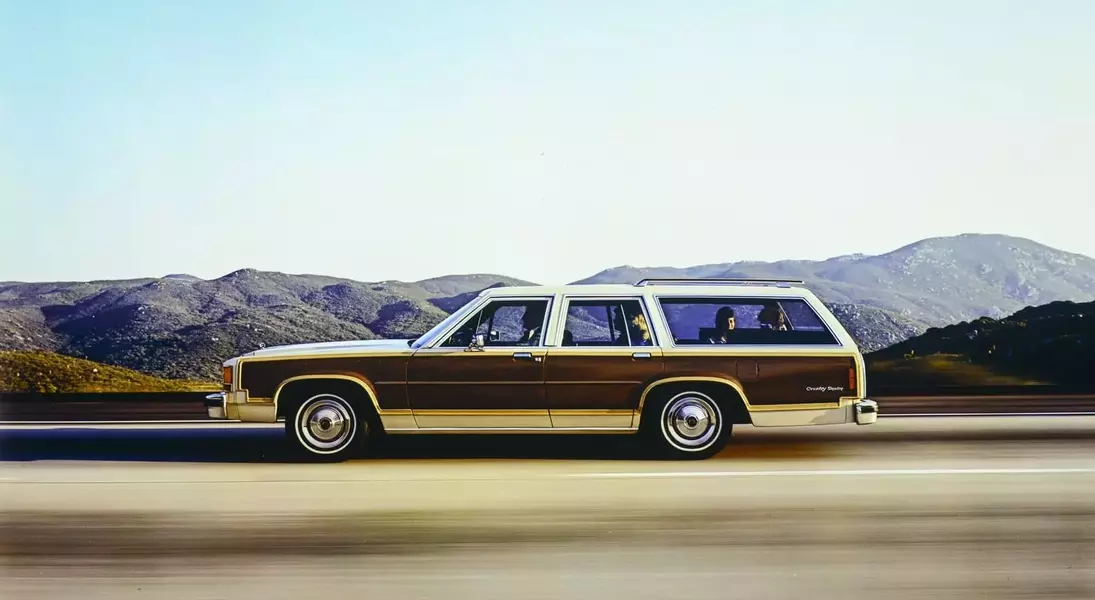
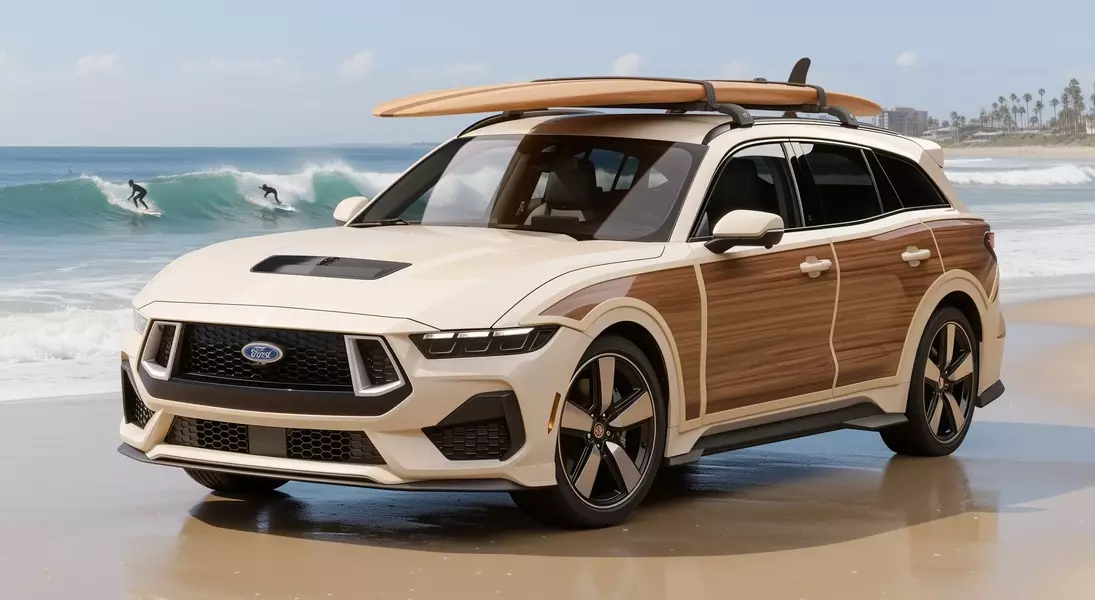
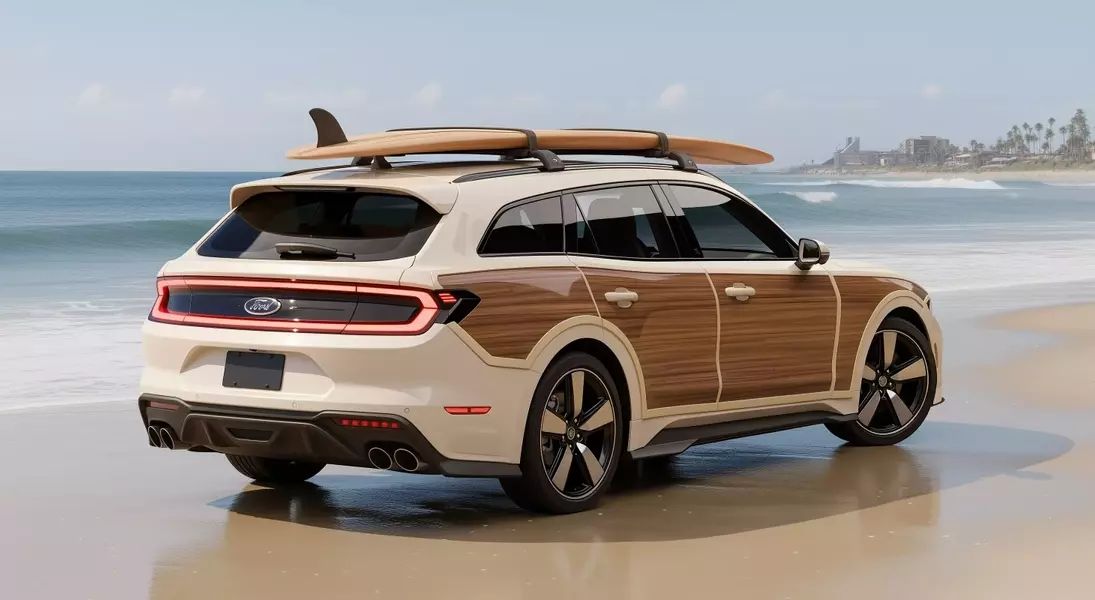


Ford's illustrious Mustang line, a symbol of American automotive prowess, is currently generating considerable buzz with speculations about its future trajectory. Rumors abound regarding potential new variants, including a four-door sedan and even a hybrid model, signaling Ford's intent to broaden the Mustang's appeal. Inspired by these developments and a touch of creative whimsy, this article delves into a fascinating hypothetical: a modern Mustang station wagon, a spiritual successor to the iconic Ford LTD Country Squire. This imaginative concept blends the raw power and heritage of the Mustang with the timeless practicality and distinctive aesthetics of a wood-paneled station wagon, catering to a niche yet passionate segment of car enthusiasts. While acknowledging the unconventional nature of such a vehicle in today's market, the piece draws parallels with the resurgence of fast station wagons and retro-inspired automotive designs, suggesting a potential, albeit unlikely, niche for this unique fusion of muscle and utility.
The current automotive landscape is witnessing a notable expansion within the Ford Mustang family. Industry reports hint at the possible introduction of a four-door Mustang sedan, a significant departure from its traditional two-door coupe and convertible configurations. Concurrently, discussions are circulating about a hybrid Mustang, suggesting a move towards more fuel-efficient and environmentally conscious powertrain options for the legendary pony car. These rumored developments underscore Ford's strategic efforts to diversify the Mustang's offerings and attract a wider consumer base, building on the success of modern interpretations like the all-electric Mustang Mach-E. This forward-thinking approach has sparked further imaginative concepts, including the idea explored in this article: a contemporary Mustang reimagined as a station wagon, specifically a homage to the classic Ford Country Squire.
The inspiration for this unique Mustang variant harks back to an earlier era of American automotive design, specifically the Ford LTD Country Squire. This long-discontinued model, along with its Mercury Colony Park counterpart, was renowned for its distinctive wood-paneled exterior, robust V8 engine, and spacious wagon body. The vision for a modern Mustang Country Squire combines the high-performance attributes of a Mustang with these nostalgic elements. While acknowledging that such a design might not appeal to contemporary mass markets, the author emphasizes its potential draw for a specific group of car enthusiasts who appreciate both muscle car heritage and the practical charm of vintage station wagons.
Historically, American automakers widely embraced the station wagon body style, often featuring luxurious wood cladding. From Jeep's Wagoneer to various Buick models, and even Chrysler minivans, wood paneling signified a premium aesthetic throughout much of the 20th century. Ford's Country Squire, produced from 1950 to 1991, stood as a prime example, consistently representing a top-tier model. This design element, once celebrated for its natural warmth and rich visual appeal, has unfortunately fallen out of favor, often perceived as outdated. However, the cyclical nature of fashion and design suggests that such retro elements could well experience a revival. Just as vintage film photography and vinyl records have gained popularity as a counter-movement to digital saturation, woodgrain cladding in automotive design might soon be re-appreciated for its distinctive charm and character.
In this conceptualization, the imagined Mustang Country Squire would inherit the powerful 480-horsepower naturally aspirated 5.0-liter Coyote V8 engine from the Mustang GT. This choice would ensure the continuation of a historically V8-powered, rear-wheel-drive lineage, while also creating an intriguing modern performance station wagon. Furthermore, the rumored hybrid powertrain Ford is developing for the Mustang could also be a compelling option for this wagon variant, offering a blend of exhilarating performance with enhanced fuel efficiency. Whether this hybrid system would integrate with the Coyote V8, a smaller turbocharged engine, or an entirely new power unit remains to be seen. Nevertheless, the combination of a high-performance engine and hybrid efficiency would be a valuable addition to this hypothetical model, catering to both speed enthusiasts and those seeking practical family transport.
This speculative exercise underscores a yearning for automotive designs that prioritize character and innovation over purely calculated market trends. While the idea of a wood-paneled Mustang station wagon may seem whimsical and commercially improbable, it highlights a desire among some enthusiasts for vehicles that embody a unique blend of heritage, performance, and distinctive styling. The re-emergence of such creative elements in modern vehicles would signal a shift towards a culture where design and engineering are given more precedence, rather than being solely dictated by cost-cutting measures or mass appeal. Although the revival of a model like the Ford Country Squire in this form remains a distant dream, it serves as a powerful reminder of the enduring appeal of bold and charismatic automotive design.
